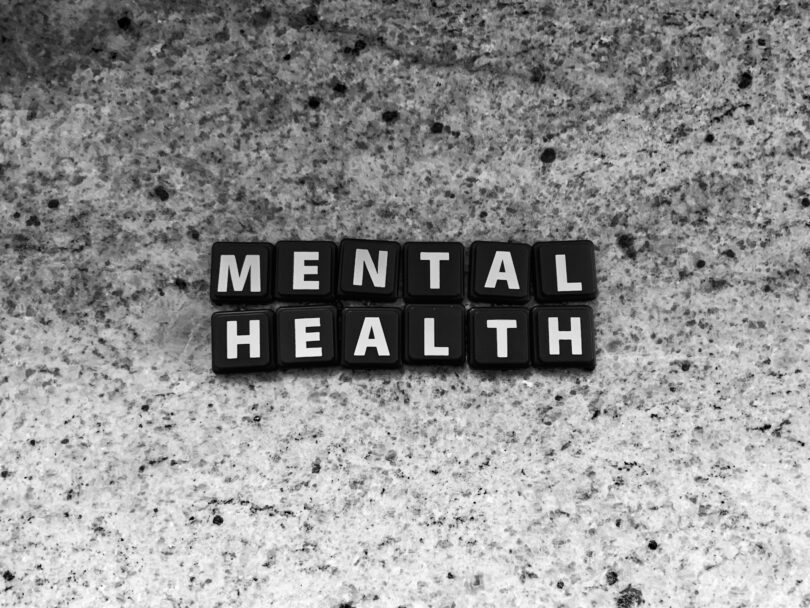Mental Health Strategies: A Comprehensive Guide to Wellness
Mental health is as important as physical health. In today’s fast-paced and often overwhelming world, prioritizing mental well-being is not just an option but a necessity. Mental health affects how we think, feel, and act. It influences how we handle stress, relate to others, and make choices. This article explores effective strategies to maintain, improve, and support mental health in personal and social settings.
1. Introduction
The world is increasingly recognizing the importance of mental health. From schools to workplaces, from governments to grassroots organizations, there is a growing movement to create mentally healthier societies. However, at an individual level, people still struggle to find ways to manage their mental health effectively. This guide aims to offer practical, science-backed strategies to help individuals maintain mental wellness throughout life’s ups and downs.
2. Understanding Mental Health
Mental health refers to a person’s emotional, psychological, and social well-being. It impacts every area of life, from personal relationships to professional performance. Mental health is not the absence of mental illness but rather a state of well-being in which an individual can cope with life’s demands, work productively, and contribute to the community.
3. Common Mental Health Challenges
Many people experience mental health problems at some point in their lives. Some common mental health conditions include:
-
Anxiety Disorders: Constant worry, fear, or nervousness.
-
Depression: Persistent sadness, lack of interest, fatigue.
-
Bipolar Disorder: Mood swings between depression and mania.
-
Post-Traumatic Stress Disorder (PTSD): Stress or flashbacks after trauma.
-
Obsessive-Compulsive Disorder (OCD): Repetitive thoughts or behaviors.
Understanding these challenges is the first step toward managing them.
4. Importance of Mental Health Strategies
Mental health strategies are tools and techniques that help improve and maintain mental well-being. These strategies:
-
Reduce stress and anxiety
-
Improve focus and memory
-
Enhance emotional resilience
-
Foster better relationships
-
Improve productivity and motivation
By practicing healthy habits, one can strengthen mental resilience and prevent issues from escalating.
5. Core Strategies for Mental Wellness
A. Self-Awareness and Mindfulness
Being self-aware means recognizing your thoughts, emotions, and behaviors. Mindfulness is the practice of staying present and fully engaged in the moment.
Tips:
-
Practice meditation for 10–15 minutes daily
-
Keep a journal to track emotions
-
Use breathing exercises to calm anxiety
-
Observe thoughts without judgment
B. Regular Physical Activity
Exercise boosts endorphins, the “feel-good” chemicals in the brain. It also reduces symptoms of depression and anxiety.
Activities to try:
-
Walking or jogging
-
Yoga or Pilates
-
Dancing or swimming
-
Team sports or gym workouts
Aim for at least 30 minutes of moderate activity five times a week.
C. Balanced Diet and Nutrition
What you eat affects how you feel. Nutrient-rich foods support brain function and emotional stability.
Nutritional guidelines:
-
Eat more fruits, vegetables, nuts, and whole grains
-
Include omega-3-rich foods like salmon or walnuts
-
Limit sugar and processed foods
-
Stay hydrated with 8–10 glasses of water daily
D. Quality Sleep Habits
Sleep is essential for cognitive function, emotional regulation, and energy.
Sleep hygiene tips:
-
Stick to a consistent sleep schedule
-
Avoid screens an hour before bed
-
Create a calming bedtime routine
-
Keep your bedroom dark and cool
Adults should aim for 7–9 hours of sleep per night.
E. Emotional Expression
Bottled-up emotions can lead to stress and illness. Expressing feelings can improve clarity and reduce emotional burden.
How to express emotions:
-
Talk to a trusted friend or counselor
-
Write in a personal journal
-
Use creative outlets like painting or music
-
Crying when needed—it’s a natural release
F. Stress Management Techniques
Stress is unavoidable, but chronic stress is harmful. Learn how to manage it effectively.
Stress relief tools:
-
Deep breathing and progressive muscle relaxation
-
Nature walks or gardening
-
Taking breaks from screens and news
-
Practicing gratitude and positive thinking
Read More: Healthy Living Tips: A Complete Guide to a Better Life
6. Social and Relational Strategies
Social connection is vital for emotional well-being.
Building healthy relationships:
-
Spend time with family and friends
-
Join social or community groups
-
Set boundaries in toxic relationships
-
Communicate openly and honestly
Loneliness management:
-
Volunteer to help others
-
Adopt a pet
-
Use social apps with moderation and purpose
7. Workplace Mental Health Practices
A toxic work environment can harm mental health. Organizations and individuals must adopt strategies for healthier workplaces.
For employees:
-
Take regular breaks
-
Manage time and prioritize tasks
-
Avoid overworking or constant multitasking
-
Speak up about burnout or mental fatigue
For employers:
-
Encourage open conversations
-
Offer mental health days and support programs
-
Foster a culture of respect and inclusion
8. Seeking Professional Help
Sometimes self-help strategies aren’t enough. That’s when seeking help from a mental health professional is crucial.
Types of professionals:
-
Psychologists: Therapy and behavior strategies
-
Psychiatrists: Medication management
-
Counselors: Guidance for life challenges
-
Social workers: Support systems and referrals
When to seek help:
-
Persistent sadness or hopelessness
-
Difficulty functioning in daily life
-
Thoughts of self-harm or suicide
-
Extreme mood swings or irrational fears
There’s no shame in asking for help. It’s a step toward healing.
9. Mental Health in Digital Age
The digital era offers both opportunities and challenges to mental health.
Digital benefits:
-
Online therapy and support groups
-
Mental health apps for meditation and mood tracking
-
Access to information and community
Digital pitfalls:
-
Social media comparison and FOMO
-
Cyberbullying and online harassment
-
Screen fatigue and poor sleep hygiene
Digital wellness tips:
-
Take digital detox days
-
Set screen-time limits
-
Unfollow accounts that trigger anxiety
-
Use apps that support well-being
10. Supporting Others with Mental Health Issues
Supporting someone else can be both compassionate and empowering.
Ways to help:
-
Be a good listener—don’t judge
-
Encourage them to seek professional help
-
Offer practical support like going with them to appointments
-
Educate yourself about their condition
-
Avoid saying, “just cheer up” or “it’s all in your head”
What not to do:
-
Don’t force them to talk if they’re not ready
-
Don’t downplay their emotions
-
Don’t take their behavior personally during episodes
Remember, being present is sometimes the best thing you can do.
11. Conclusion
Mental health strategies are essential tools for living a fulfilling and balanced life. Everyone, regardless of age, background, or circumstance, can benefit from prioritizing mental well-being. Whether it’s through mindfulness, exercise, healthy eating, or professional therapy, taking small, consistent steps leads to big changes.
Mental health isn’t a destination; it’s a journey. Start with one strategy today and gradually build a toolkit that works for you. The mind matters—and taking care of it is a powerful act of self-love.






